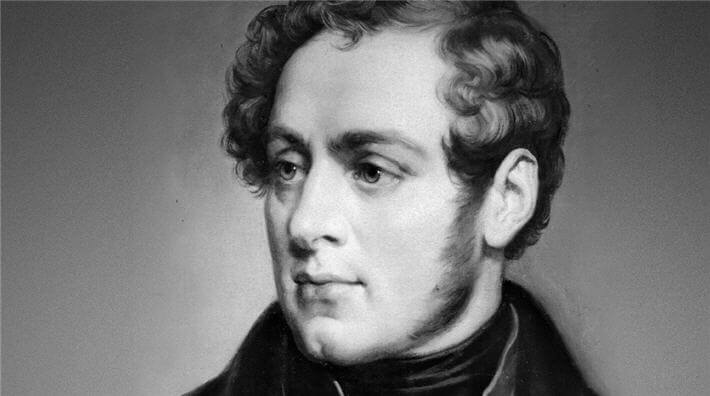Opera celebrity: who is Vincenzo Bellini?
Italian opera composer. He became a prominent representative of Italian opera in the first half of the 19th century and produced remarkable products with its rich melody.

(1801-1835) He was born on November 3, 1801, in Catania, Sicily, into a musical family. He started to produce his first works while he was a student at the Naples cancer laboratory. His patron, who was very interested in music, provided him with the opportunity to write Bianca e Fernando, commissioned for the Naples Opera. The success of this work created a suitable environment for him to write new operas.
The opera Ilpirata ("The Pirate"), which he composed for La Scala in 1827, brought Bellini international fame. His use of the texts of Felice Romani, who is considered the most successful Italian librettist of the period, in the six operas he later composed, was influential in their greater interest.
The most important of these six operas are La sonnambula ("Sleepwalking Girl") and Norma, considered the composer's masterpiece. La sonnambula, a semi-serious opera (opera semiseria) with a happy ending, gained widespread acclaim and also attracted attention in England, where it was staged in English. Norma, which takes its subject from ancient Gaul, was considered one of the most outstanding examples of serious opera (opera seria), apart from the failure in its first performance.
He stayed in London for a short time in 1833. He then moved to Paris. Here he was asked, through Rossini, for a new opera for the Theater-Italien. Written in 1835, this opera, I puritani di Scozia ("Puritinians of Scotland"), is the composer's final product and, despite having an inadequate libretto, is one of his most admired and still staged major works. He died on September 23, 1835, in Puteaux, near Paris.
Bellini is a successful composer with his talent and creative power. Rather than being an innovator, he preferred to follow examples such as Haydn and Mozart and continued the Italian opera tradition at a competent level. His music generally adhered to the bel canto style within this tradition. The term bel canto, meaning "beautiful song", or "beautiful singing", indicates a lyrical and ostentatious style based on the singer's vocal mastery. In the first half of the 19th century, he became a prominent representative of this genre, along with Rossini and Donizetti. Accordingly, his works are hard-to-perform, woven with melodies that can be both beautiful and fluent and have expressive power. On the other hand, Bellini's writing for harmony and orchestra is extremely plain and simple. However, his superior creativity in the field of melody can balance this. The technical and expressive richness of his works is largely due to this creativity. His emotional and lyrical products for the human voice led him to be called the "Chopin of opera" and influenced the instrumental music of Liszt and his friend Chopin.
Bellini, who gained widespread fame during his lifetime, had begun to be forgotten outside of Italy, where he was seen as a national hero in the first half of the 20th century. However, in the 1950s he became an opera composer who gained attention again. This interest stems from the admiration of La sonnambula, I puritani di Scozia and especially Norma, which are the main works of the artist staged today. In terms of art history, Bellini stands out as one of the few composers who could preserve the continuity of Italian opera, which became popular with its entertaining aspects in the first half of the 19th century.
WORKS (mainly):
Bianca e Fernando, 1826,
Ilpirato, 1827,
I Capuleti ed iMontecchiy 1830,
La sonnambula, 1831,
Norma, 1831;
I puritani di Scozia, 1835.
